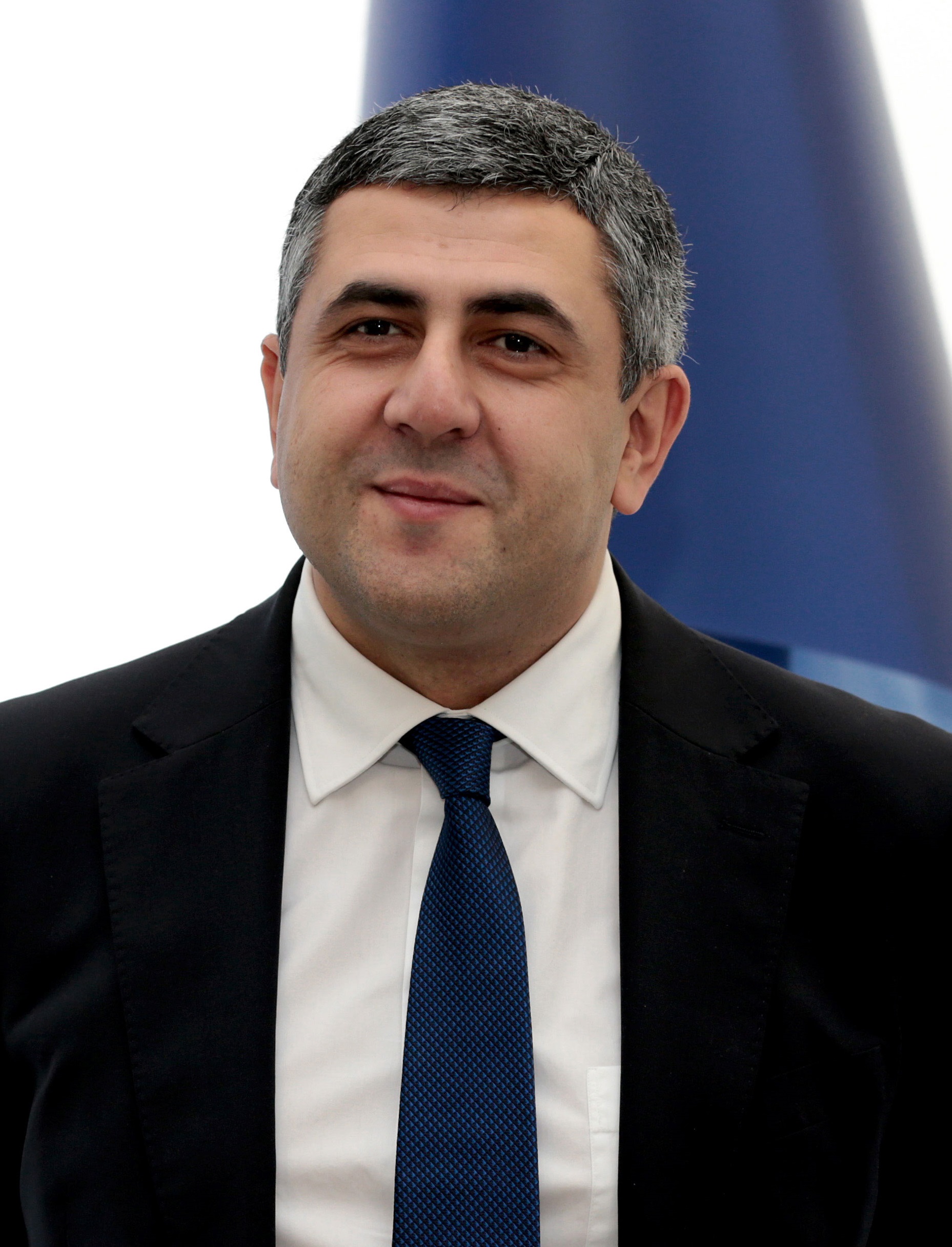

Status of the tourism industry
The global tourism sector has proven its resilience in the face of the biggest crisis in its history. Furthermore, every region has shown a rapid and remarkable recovery from the impacts of the pandemic. According to, UNWTO data, by year-end, international arrivals are expected to rebound to at least 85 percent of pre-pandemic levels. Thus, signaling a positive recovery trend. The sector has also seized the opportunity offered by the pause in global travel to rethink and realign tourism. For instance, every part of tourism is proactively facing up to its climate action responsibilities. This is shown by the strong interest in our Glasgow Declaration on Climate Action in Tourism. It is our roadmap for achieving a NetZero sector by 2050 at the latest.
Middle East’s significance
The Middle East is swiftly establishing itself as one of the most exciting global regions for tourism. For starters: the numbers are hugely impressive. According to UNWTO data, the Middle East has not only returned to pre-pandemic levels of arrivals but surpassed them. It is the only world region to do so thus far in this case, by 19 percent. At the same time, it is establishing itself as a global hub for guiding tourism’s transformation. The UNWTO Regional Office for the Middle East opened in Riyadh, Saudi Arabia in 2021. The office leads our Tourism for Rural Development Programme, including our very popular Best Tourism Villages initiative. From here, we are also advancing our key priorities of tourism education and innovation.
Cultural exchange through tourism
Tourism is the ultimate person-to-person sector. Furthermore, its ability to foster cultural exchange and understanding and build peace is unparalleled. For example, our Best Tourism Villages initiative showcases exactly this. We have established the leading network of rural destinations. Thus, connecting communities from every part of the world with a shared vision of what tourism can offer. Such as creating new jobs and businesses or preserving cultural heritage.
Importance of local and int. associations
As we work to build a more inclusive, resilient and sustainable tourism sector, collaboration is key to our shared success. Therefore, international organizations allow us to define shared goals and standardize our progress. UNWTO is taking the lead in harmonizing many aspects of tourism and travel. For example, through our landmark International Code for the Protection of Tourists. Leveraging pandemic insights, it outlines traveler expectations during issues abroad and emphasizes sector responsibilities in aiding the local associations, such as Destination Management Organizations, and regional bodies play a crucial role in implementing our goals effectively at the grassroots level. We pursue global tourism climate action via the United Nations, while our Sustainable Tourism Observatories provide local-level solutions for impact.
The future of global tourism
I always stress the vital importance of tourism education and investments. Our sector has huge potential and has big ambitions to become more sustainable and innovative. However, we first need the right people in place. That’s why UNWTO prioritizes education and skills development first and foremost. Last week, we hosted a record 40 Tourism Ministers at our Ministers Summit in London, focusing on this exact topic. Clearly, it’s a shared priority for all countries and destinations. In addition, businesses need skilled and knowledgeable workers. I am proud that we have made huge strides forward. We’ve launched an Education Toolkit to help introduce tourism as a subject in high schools everywhere. Therefore, establishing our first bachelor’s degree in Sustainable Tourism Management. In addition to, creating new academies, starting with Saudi Arabia and Uzbekistan.
Alongside this, we also need to prioritize investments. We need to ensure investors can enable projects that will make a difference in terms of advancing our sustainability ambitions. So, this year we celebrated World Tourism Day around the theme of Tourism and Green Investments. The high interest in the theme reflects the growing acknowledgment of the crucial role investments play in shaping the future of tourism.
The resilience and recovery of the global tourism sector post-pandemic is remarkable. The Middle East’s progress stands out, and cultural exchange through tourism remains a powerful force. Collaboration with local and international associations is emphasized for building an inclusive and sustainable sector. Furthermore, the future of global tourism relies on education, skills development, and strategic investments.














